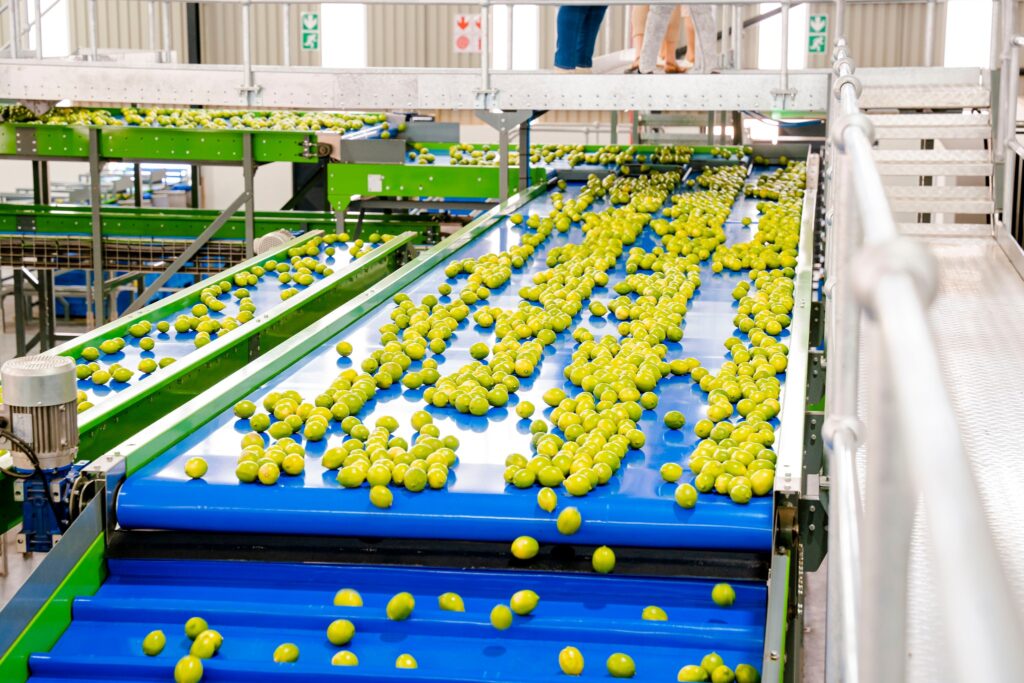- Tsaone Segaetsho

The innovative and export oriented Selibe Phikwe Citrus (SPC) Project made a milestone last week by launching the first harvest, with President Mokgweetsi Masisi making it fashionable by a symbolic drive of a truckload of lemons destined to Canada. However, based on the current market analysis, the new opportunity is not without challenges.
President Masisi said as a country Botswana found that growing citrus is ideal, while most of goods or fresh products tumbled, turned and fell in supply or profitability, this fruit family remained resilient. Masisi told those gathering at the small town of Selibe Phikwe why government would support a project of this nature.
Some of the benefits of citrus fruit is their ability to produce Vitamin C, which was encouraged as panacea for the COVID-19 virus, leading to a surge in its demand at the time. That, coupled with fact that citrus fruits are known to survive most climate conditions enabled production to blossom, according to Masisi.
Botswana aspires to stand among global citrus exporters and is in a plan to give 70 percent of the fruits to the world, while 30 percent remains for the domestic needs. The investment of the project is currently P300 million, with 650 000 trees planted or 70 000 tons of citrus already produced by the 300 hectares of land used by the project.
This investment is set to double when the project is up with 850 hectares holding citrus fruits, while the other remainder will be for other fruits such as avocado. As the two-phase project completes in 2027, it is expected to have covered 1200 hectares of land, which will include a state-of-the-art citrus parkhouse.
Recently, Minister of Trade, Mmusi Kgafela, told Parliament that the flagship citrus project planted 840000 seedlings in Phase 1 with 17000 square meters Parkhouse completed. He further revealed that Botswana has met access requirements for major markets such as the EU, China, United Arab Emirates (UAE) and Saudi Arabia, among others.
“I am happy to report that our desire to export has been actualised as the first consignment was dispatched to the UAE and Saudi Arabia,” Kgafela told Parliament.
Kgafela outlined that the citrus project comes with value chain opportunities like manufacturing of juices; packaging materials; transport and logistics; and seedling.
Botswana will join other citrus exporters in the region, such as South Africa, Eswatini and Zimbabwe, with the aim of competing for a share of the USD 16 billion global citrus market.
SPC has a 30 percent local ownership through a consortium of investors, while the difference is owned by Blydevaallei Citrus and Afrigold, who are jointly a mainstay on the global citrus market with immense marketing and production experience.
With 31 years’ experience in farming, predominantly focused on citrus, the project is led by Dr Pieter Scholtz, who explains why Botswana is ideal for this type of project.
“Botswana has amazing soils and water from Letsibogo Dam. The country also has healthy dry climate very similar to the Mediterranean Basin, where big citrus is produced at high volumes for global consumption,” said Dr Scholtz.
Despite an optimal setting, the project faces unique challenges, such as skilled manpower, as articulated by Lerato Banda, who is an Agribusiness Executive at the Selibe Phikwe Economic Diversification Unit.
Thus far, the farm has 320 employees, which Banda says is only 21 percent of the employment opportunities the project is expected to create through to 2027.
Underscoring the skills deficit, Scholtz explained that they are working hard in getting the right skills on board and have engaged institutions such as the University of Agriculture and Natural Resources for graduates, in addition to partnering with institutions in South Africa to offer staff training on citrus farming.










